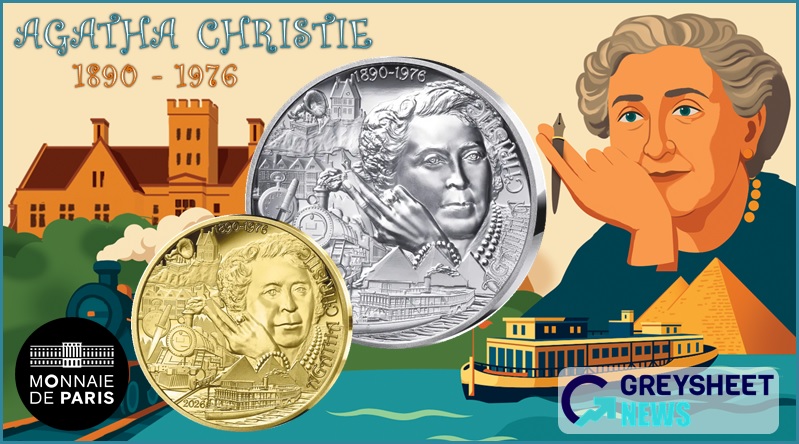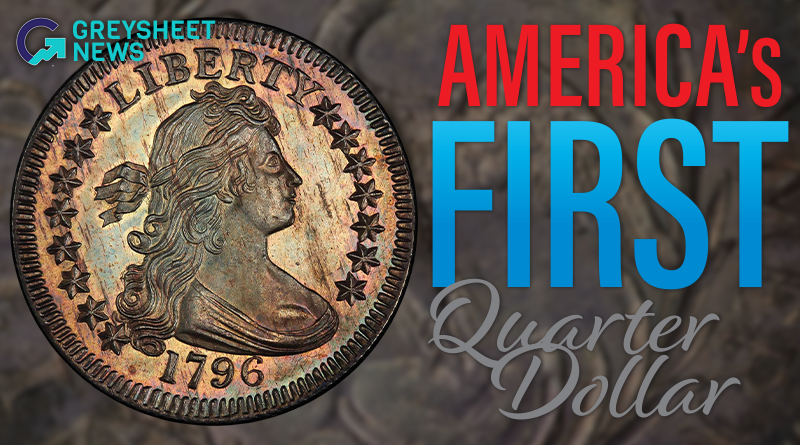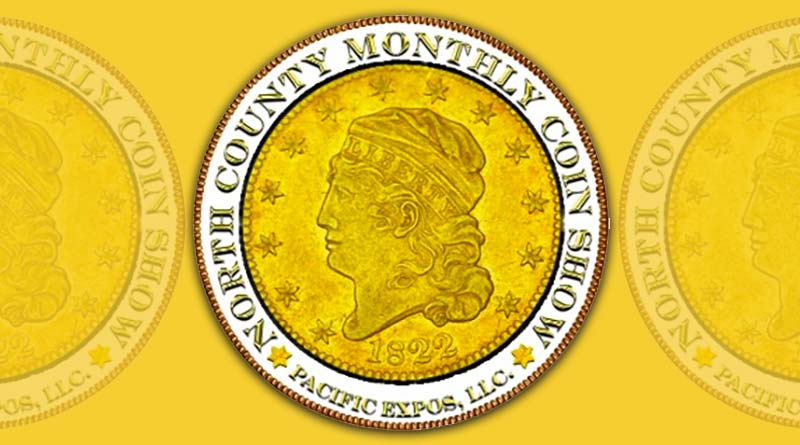-
Verenigode Oostindische Compagnie (Dutch East India Company) Currency & Banknote Values
Banknote Book® Price Guide
Sort by
Legal Disclaimer
The prices listed in our database are intended to be used as an indication only. Users are strongly encouraged to seek multiple sources of pricing before making a final determination of value. CDN Publishing is not responsible for typographical or database-related errors. Your use of this site indicates full acceptance of these terms.
The Verenigode Oostindische Compagnie (Dutch East India Company) series of Ceylon in the World Currency contains 0 distinct entries.
The Vereenigde Oostindische Compagnie (Dutch East India Company, VOC) was a chartered trading company and one of the first joint-stock companies in the world. Established on 20 March 1602 by the States General of the Netherlands amalgamating existing companies, it was granted a 21-year monopoly to carry out trade activities in Asia. The company possessed quasi-governmental powers, including the ability to wage war, imprison and execute convicts, negotiate treaties, strike its own coins, and establish colonies.
In 1640, the VOC obtained the port of Galle in Ceylon from the Portuguese and broke the latter’s monopoly of the cinnamon trade. In 1658, Gerard Pietersz Hulft laid siege to Colombo, which was captured with the help of King Rajasinghe II of Kandy. By 1659, the Portuguese had been expelled from the coastal regions, which were then occupied by the VOC.
See More See LessLegal Disclaimer
The prices listed in our database are intended to be used as an indication only. Users are strongly encouraged to seek multiple sources of pricing before making a final determination of value. CDN Publishing is not responsible for typographical or database-related errors. Your use of this site indicates full acceptance of these terms.
Dealer Directory
View All Dealers
Greysheet News
View All News

The Monnaie de Paris release new gold and silver coins highlighting beloved literary works.

The rare coin market has continued its strong performance unabated despite unpredictable volatility in the precious metals space.

The 1796 Draped Bust quarter dollar is a very important first-year of issue, one-year type coin and the only American quarter struck during the 18th century.
Events
View All Events

Mustang Town Center

Rothchild Catering & Conference Center

Embassy Suites











 Loading more ...
Loading more ...





